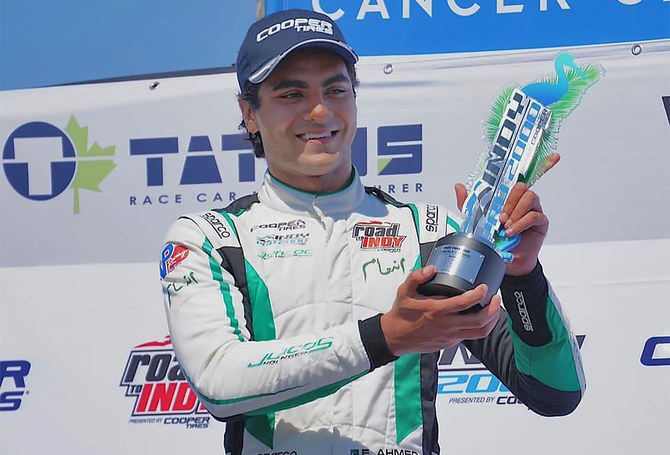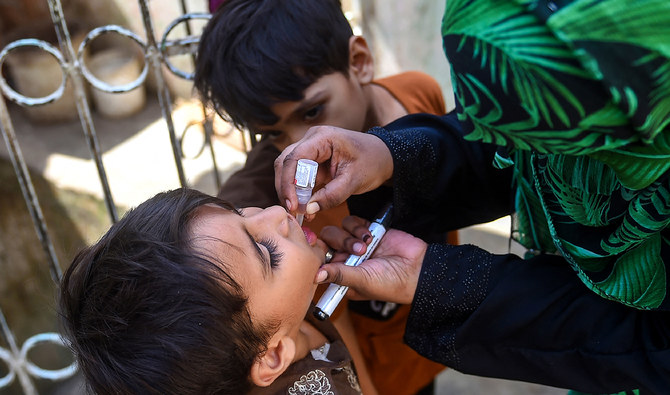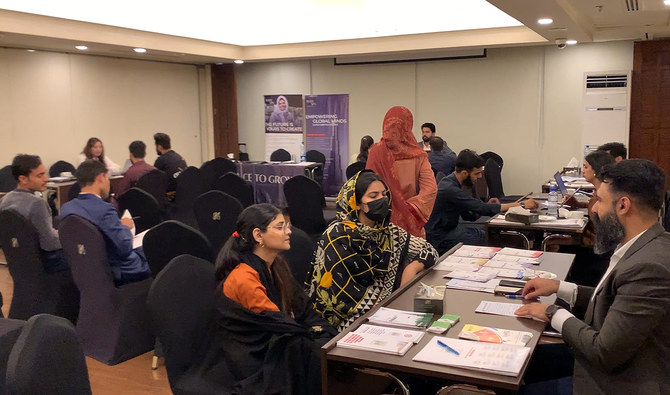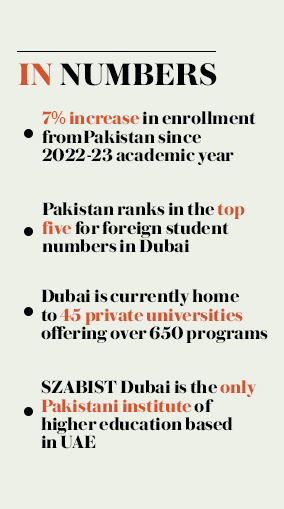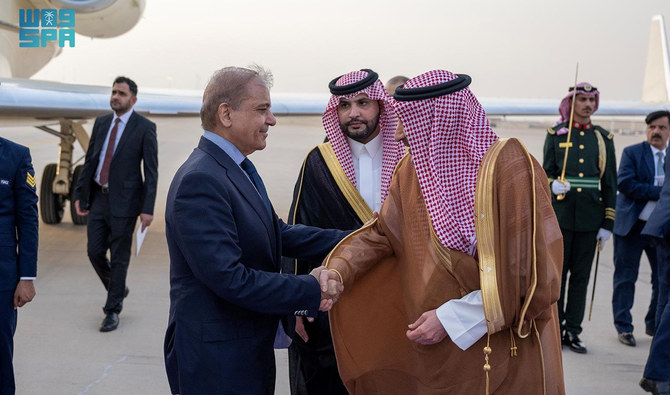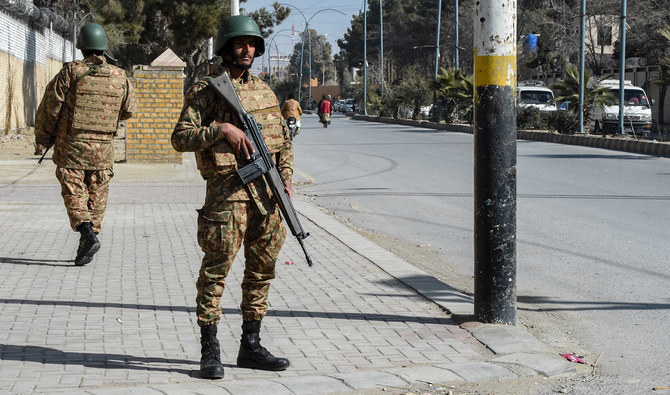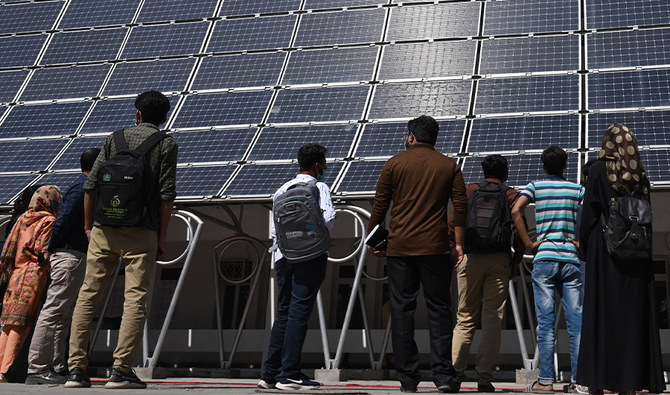KARACHI: A British-Pakistani racer, only two contests away from getting into the prestigious Formula 1 league in the United States, says his inspiration is to change the way Pakistan is perceived by the world and put his country of origin on the map of world sports.
Enaam Ahmed, 22, was born to Pakistani parents in London where he started racing on Go-Kart tracks while he was eight. His passion grew with time, and he ultimately became the British Formula Champion at 12 and a European and World Champion at the age of 14. He is currently in the American Formula 3 league, before which he was car racing in the British Formula 3 and became a champion at 17.
“My inspiration really is to change the way the world perceives our country [Pakistan] and the Muslim world, in terms of sports,” Ahmed told Arab News in a Zoom interview from London earlier this month.
“Representing the country [Pakistan] is what gives me the power, what gives me the motivation to succeed ... What keeps me going is this burning ambition to prove that we can be the best.”
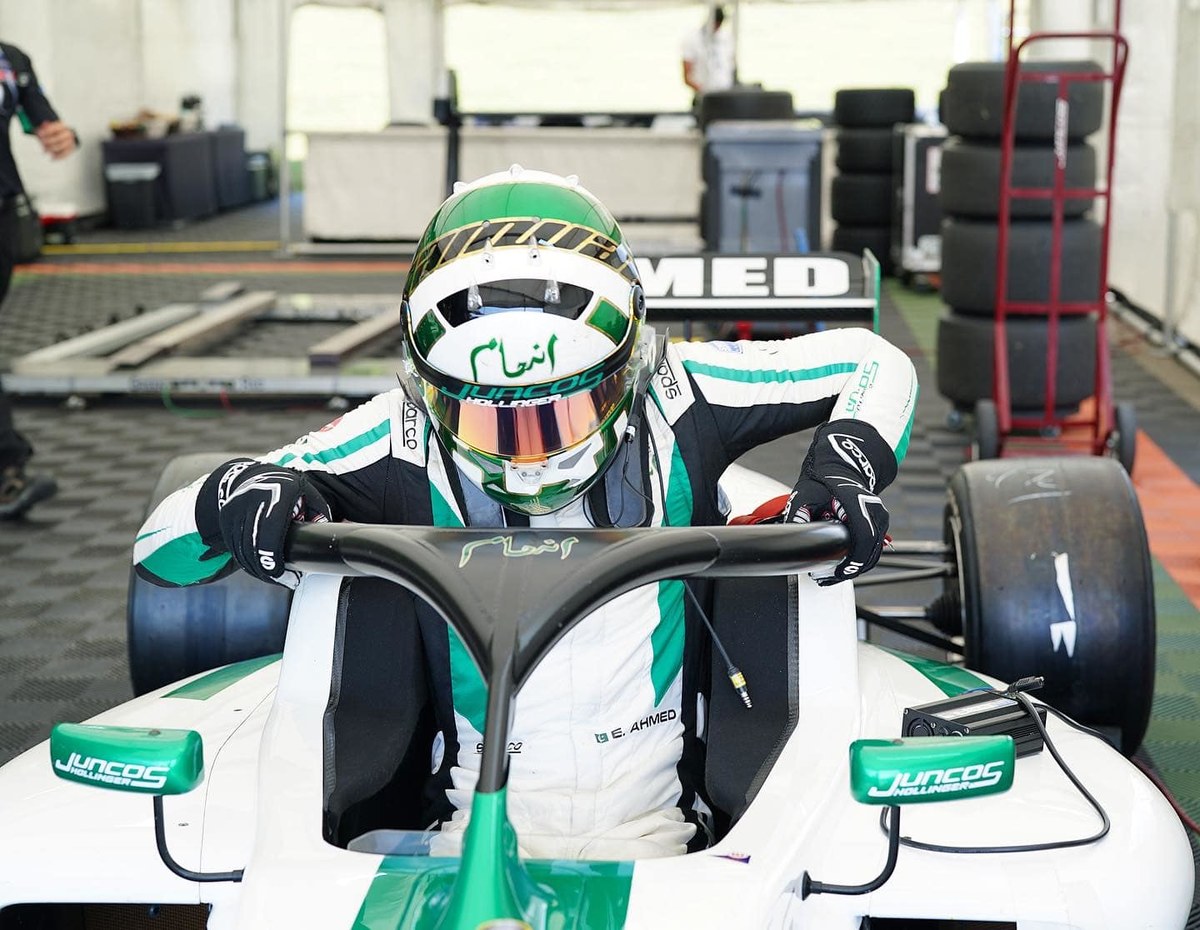
Enaam Ahmed sits in his car for a race in Indianapolis, United States, on May 9, 2022. (Enaam Ahmed)
Ahmed said he had had his family’s support from the beginning of his interest in racing.
“I couldn’t really be here without them. I didn’t expect to be racing in the high-level series like I’m doing as a professional, I just started off with my little Go Kart, then worked my way into little races.”
Ahmed’s father, Shami Ahmed, said his interest in racing had come about by accident.
“It all started by accident, I was invited by a friend to take Enaam to a Go Karting track,” said the proud parent, saying sustaining his son’s passion was “financially challenging until we started getting support from sponsors and backers.”
“I believe Enaam has much more potential and the best is still to come. It’s great that he has taken it on himself to be an unofficial ambassador of Pakistan.”
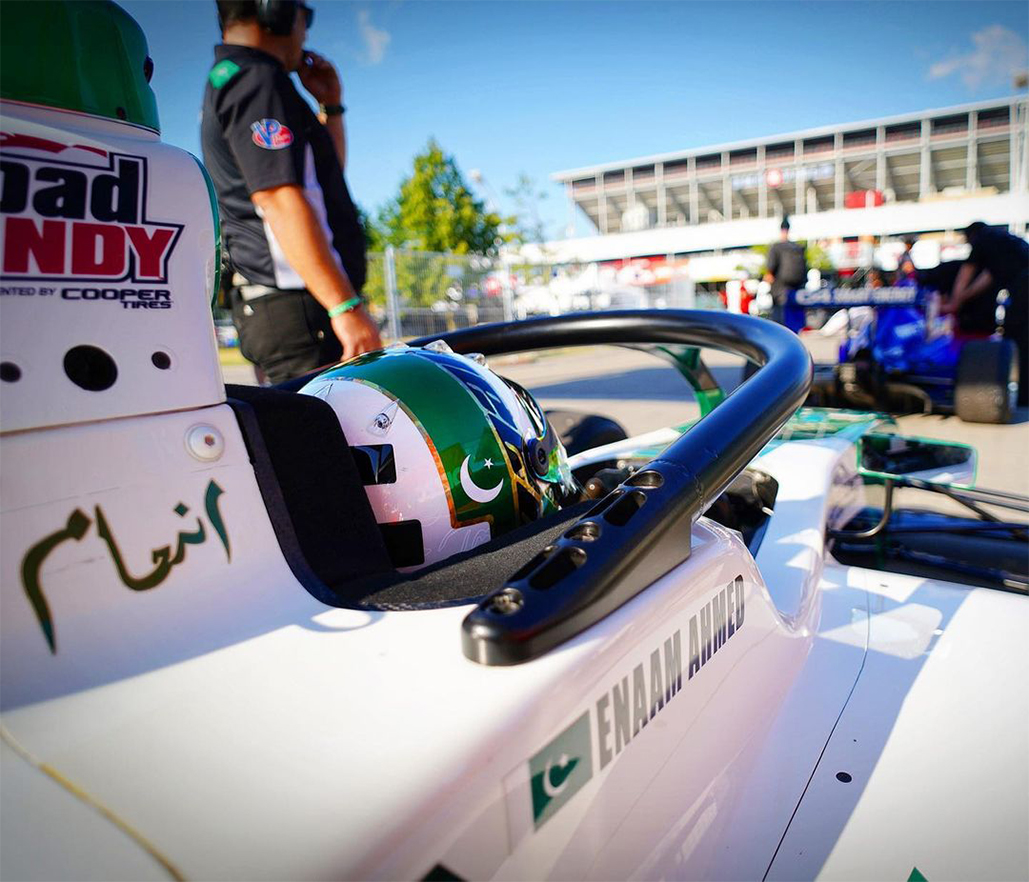
Enaam Ahmed's car is pictured during a race in United States on July 8, 2022. (Enaam Ahmed)
The journey has been exciting and challenging. While Ahmed has traveled and raced in some top teams and against some of the best drivers in the world, he also had to face racism initially as a rare person of color alongside the black British driver, Lewis Hamilton, who had inspired him to enter the profession in the first place. Ahmed has also found it difficult to find good sponsors, which he said was the reason he missed the chance of getting into Formula 2 in Europe.
“There were moments when I didn’t want to give up but it was looking like I would have to give up because there was no option,” he said. “There were some situations when I didn’t have a sponsor one week before a race, but I always found a way.”
Despite the odds, there has been no looking back for Ahmed, who has never lost a race and always finishes in the top three.
“I have always done things to be the best or nothing,” he said. “I don’t do things just to take part or come second or third. I am here to win.”
Speaking about his special connection with Pakistan, he said he was “put on this earth to race for Pakistan and become a champion.”
“I have two biggest motivations: One is to make my country proud and raise the flag of Pakistan the highest it has ever been; and to relieve my parents, my family of work,” he added.

Enaam Ahmed signs a cap for a fan on May 1, 2022. (Enaam Ahmed)
Currently, Ahmed is on the Road to Indy series, a racecar driver development program that provided a scholarship-funded path to reach the IndyCar Series and Indianapolis 500.
Speaking to Arab News, a top official at the Pakistan Sports Board (PSB) applauded Ahmed for his passion to represent his country.
“It’s encouraging to see Enaam Ahmed representing Pakistan in the global racing scene but there is no federation for motorsports in Pakistan,” PSB director general, Col (r) Muhammad Asif Zaman, said.
“Formula car racing requires heavy investment and facilities, and we don’t have that. However, it would be worth considering adding racing to adventure games such as mountaineering and watersports.”



